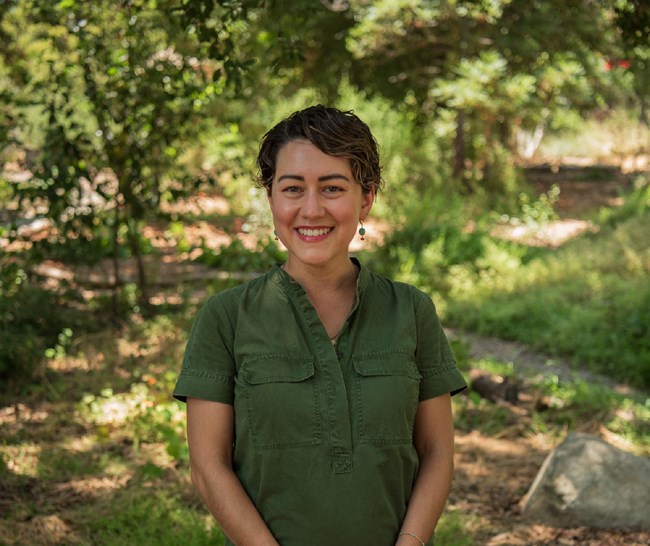Last updated: February 14, 2025
Article
Meet the Mellon Fellows: Dr. Laura Dominguez

Dr. Laura Dominguez
University of Southern California
PhD, History
Host Site: NPS Intermountain Region Park History Program with support from the NPS Intermountain Region Interpretation, Education, Youth & Volunteers Program and the NPS Intermountain Region Heritage Partnerships Program
Fellowship Title: New Perspectives in Transcontinental Railroad History Fellowship
Project Description: Dr. Dominguez will use the lens of the Transcontinental Railroad to explore themes of labor, western identity, and Indigenous sovereignty. The Fellow will document sites worthy of preservation, engage partners, and update park interpretation
Bio:
Laura Dominguez is a historian of California and the North American West. She received her Ph.D. from the University of Southern California and joins the New Perspectives in Transcontinental Railroad History Team as its postdoctoral fellow.
